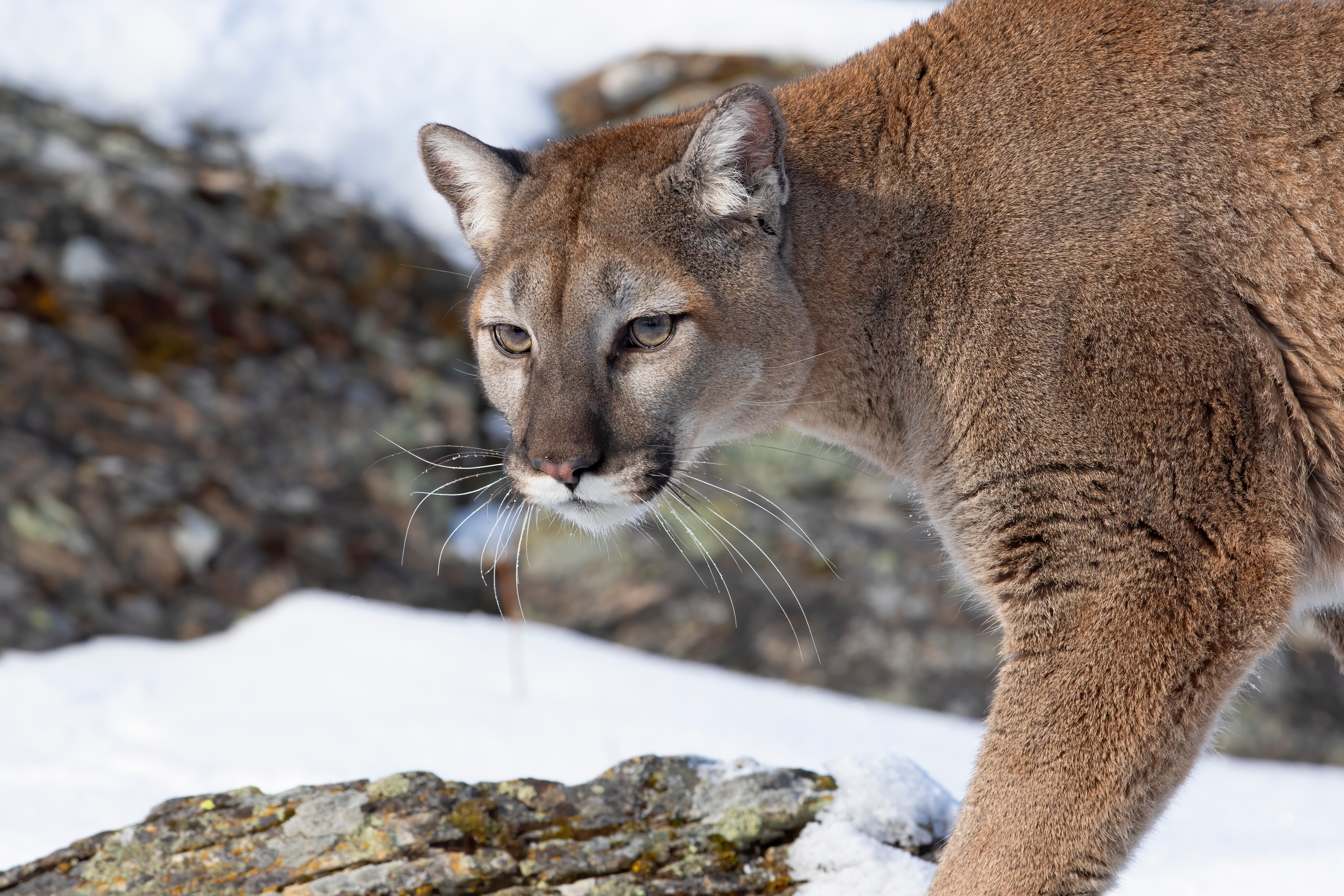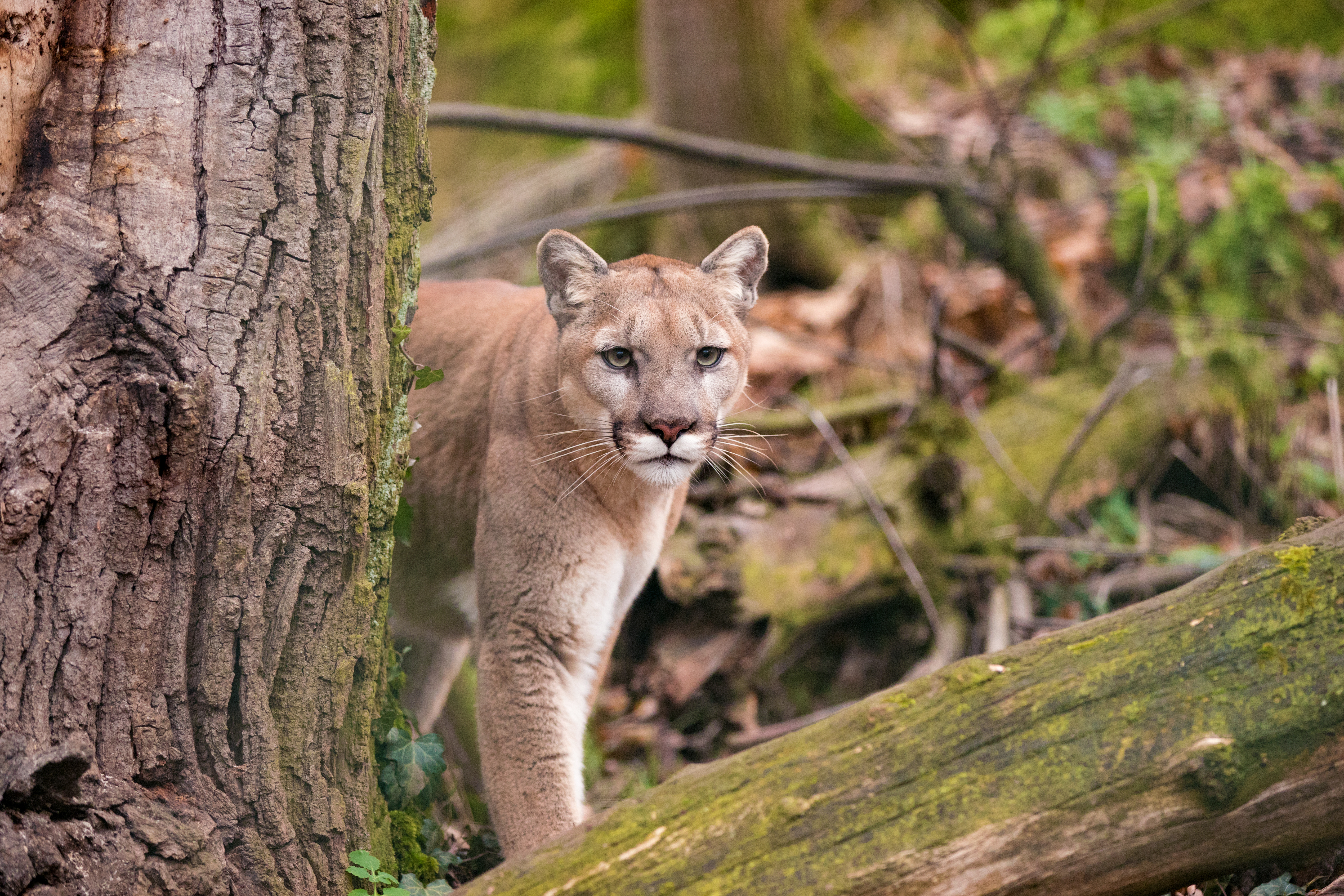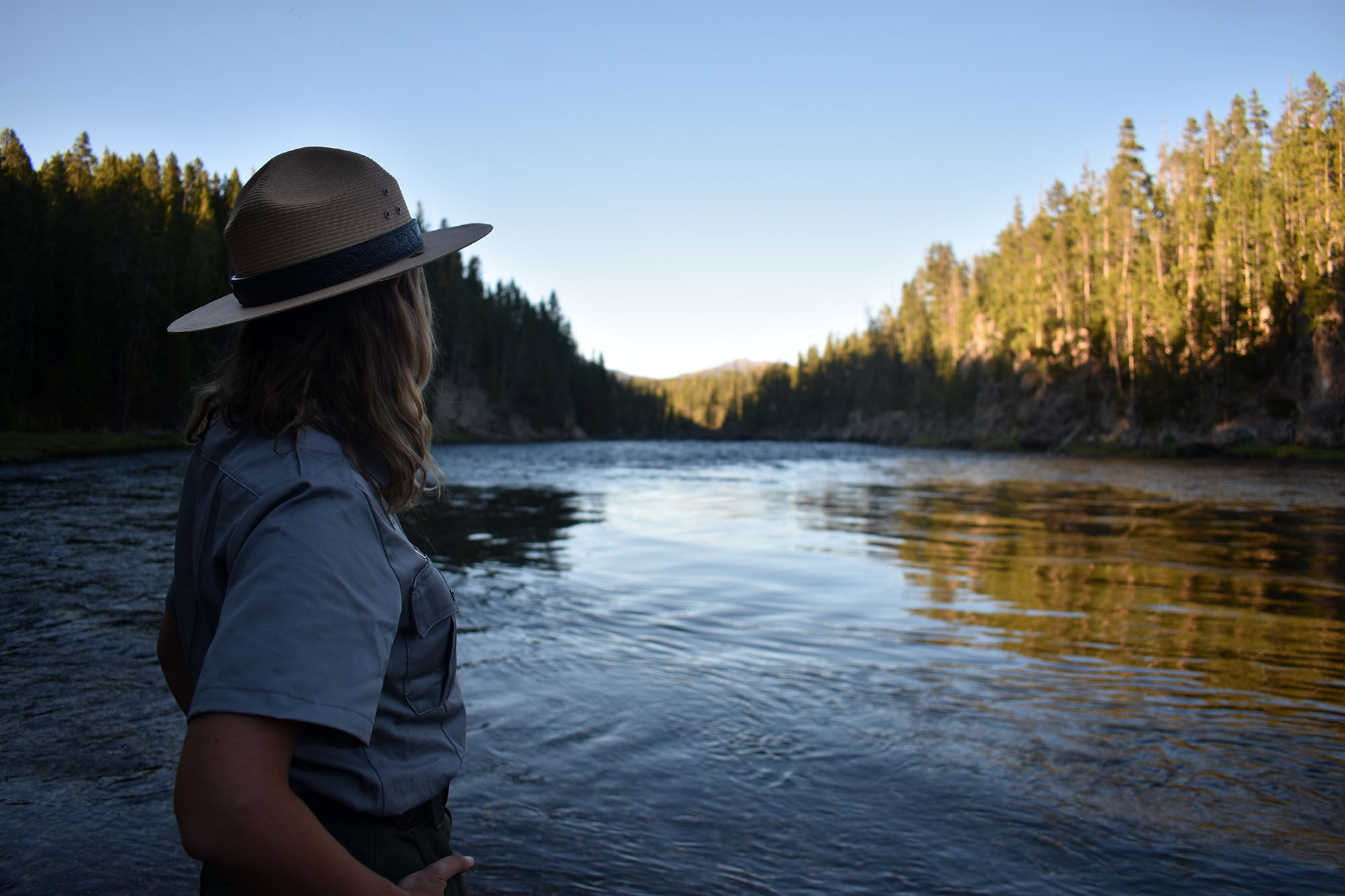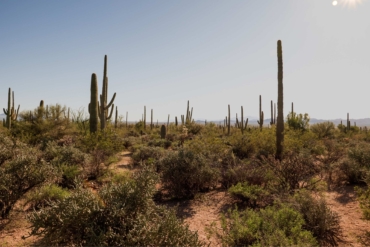In the wake of Colorado lawmakers rejecting a proposal to ban mountain lion hunting last year, animal rights advocates are now gearing up to put the issue in the hands of voters. A proposed ballot measure slated for the November 2024 election aims to prohibit the hunting, trapping, and use of dogs or electronic devices to hunt mountain lions, bobcats, or Canadian lynx.
At the core of this proposal is a call for voters to declare that hunting these wildcats “serves no socially acceptable or ecologically beneficial purpose and fails to further public safety.“
The initiative has garnered support from approximately 50 animal advocacy groups.
The Initiative
Julie Marshall, the communications coordinator at the Center for a Humane Economy, spoke to her organization’s drive to see this initiative through. She drew much of her argument from California. The state has prohibited mountain lion hunting since 1972 and extended protection to wildcats as non-game species in 1990. Those restrictions continued to expand, until bobcat hunting was banned altogether in 2020.
The ballot measure also includes protections for Canadian lynx, which is already federally protected as an endangered species.
The advocacy group argues that the current practices contradict the North American Model for Wildlife Conservation, which discourages killing wildlife for commercial purposes. She asserts that these practices cast a shadow over ethical and fair chase hunting.
The coalition behind this initiative will soon embark on a mission to gather more than 124,000 signatures from Colorado residents. This will secure a place for the proposed ban on the 2024 ballot.
Current Colorado Mountain Lion Policy

Colorado Parks and Wildlife took measures in January 2021 to allow hunters in about nine hunting units to use electronic calling devices to attract mountain lions using the sounds of dying animals. Since 2007, the agency has mandated that cat hunters complete an education course and test to ensure that they can correctly identify a lion’s gender, with the aim of reducing the number of females hunted, which can have long-term impacts on the lion population. Furthermore, the law requires all hunters to harvest the meat from the mountain lions they kill.
In January 2022, animal rights groups joined forces with four Front Range lawmakers to propose Senate Bill 31, which sought to ban wildcat hunting. The bill faced opposition from hunters, and three of its leading sponsors withdrew their support before the Senate Agriculture and Natural Resources Committee rejected it in February 2022.
A History of Wildlife Management in Voters’ Hands

This is not the first time that Colorado voters have decided wildlife management issues instead of biologists. In 2020, voters narrowly approved a plan to reintroduce wolves in Western Colorado by 2024, and in 1996, voters banned lethal trapping methods used by animal trappers. Voters overwhelmingly passed a law preventing the hunting of black bears with dogs or bait during certain periods back in 1992.
In early 2022, Colorado lawmakers considered legislation to ban mountain lion and bobcat hunting and trapping. Backcountry Hunters and Anglers led a campaign that generated an estimated 20,000 emails to legislators opposing the proposed changes. Those efforts stalled the ban.
Divided Public Opinion
A 2022 survey conducted by Colorado State University for the mountain lion advocacy group found that 67% of respondents strongly agreed that mountain lions should not be harmed by humans without cause. However, opinions on mountain lion hunting were almost evenly split, with 40.6% in favor, 40.6% opposed, and 19% undecided.
Nevertheless, a majority expressed disapproval of using dogs or electronic devices to hunt wildcats.
By the Numbers
According to Colorado Parks and Wildlife, 486 mountain lions were harvested in the 2021-22 season. In the 2020-21 season, that number was 515. The upcoming 2023-24 hunting season is capped at a maximum of 674 lions.
Because of the nature of wild cats, it’s challenging to gather accurate numbers when it comes to population. The current estimates place 3,000-7,000 mountain lions in the state of Colorado.
In the unlikely event that the quota is filled this upcoming season, the percentage of total lions harvested by hunters would be as low as 9% and as high as 22% of the current population. Both of those possibilities fall well within wildlife management margins.
Proper Wildlife Management Ripple Effects

Biologists estimate that a single mountain lion kills and consumes 50 or more deer-sized animals each year. Without proper management, Colorado residents may not be seeing nearly as many deer on their hikes. A ban on mountain lion hunting in Colorado could decrease the deer population north of 33,000 just in the first year alone. Subsequent years would see that number continue to increase.
Hunting Advocacy Groups Involved
Hunting advocacy groups are already getting involved in the fight.
Howl for Wildlife is an organization deeply involved with these issues. Its goal is to educate the public about the benefits of hunting, both for hunters and the general public. It encourages folks to get involved in their state’s policy issues.
Backcountry Hunters and Anglers is another group that advocates science-based evidence to properly manage wildlife. The Colorado Chapter of BHA has said it is working on a proposed response to the initiative.








